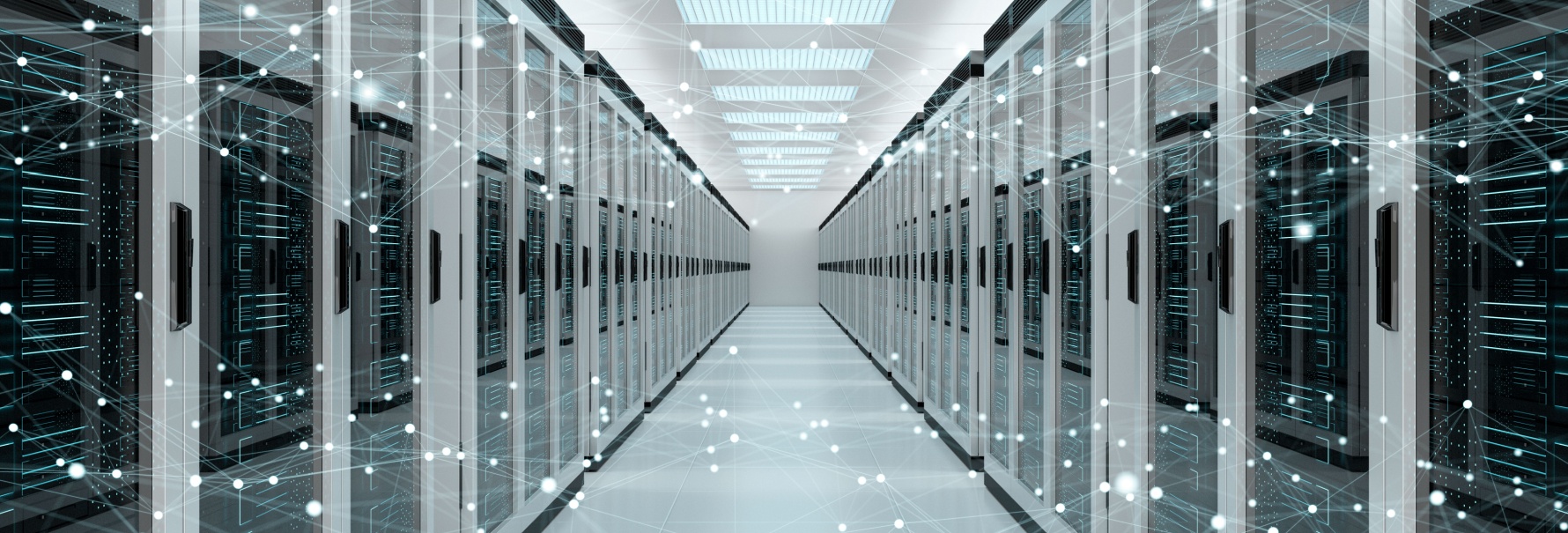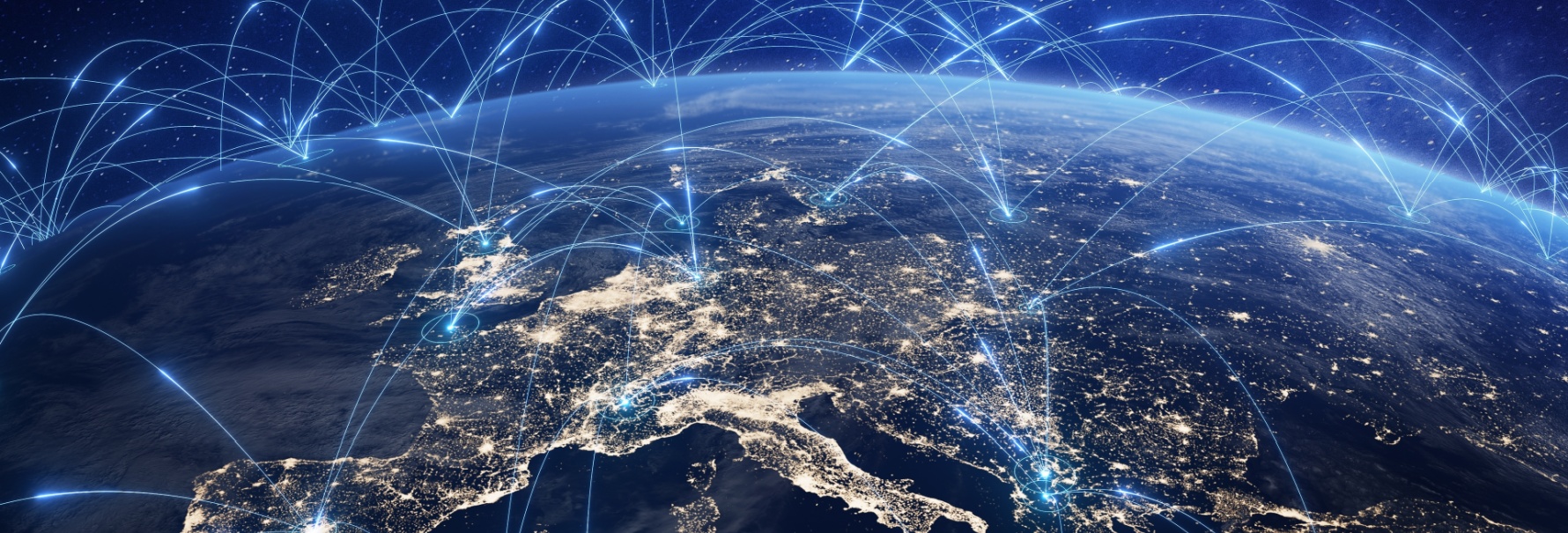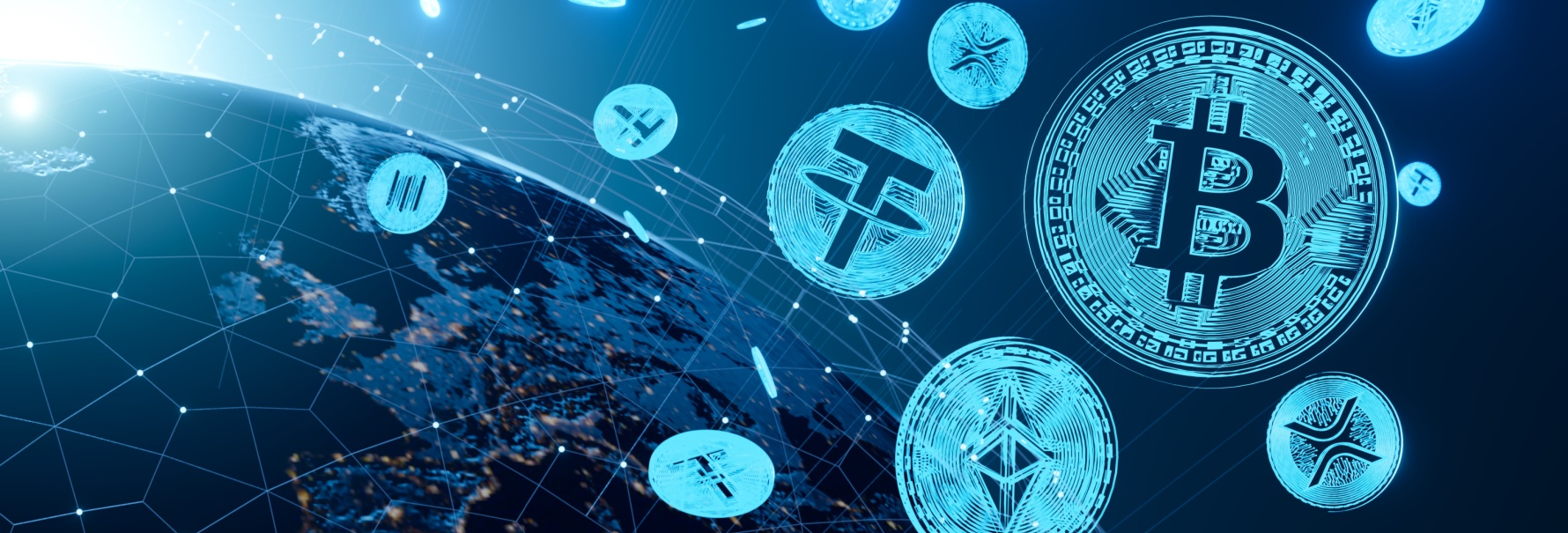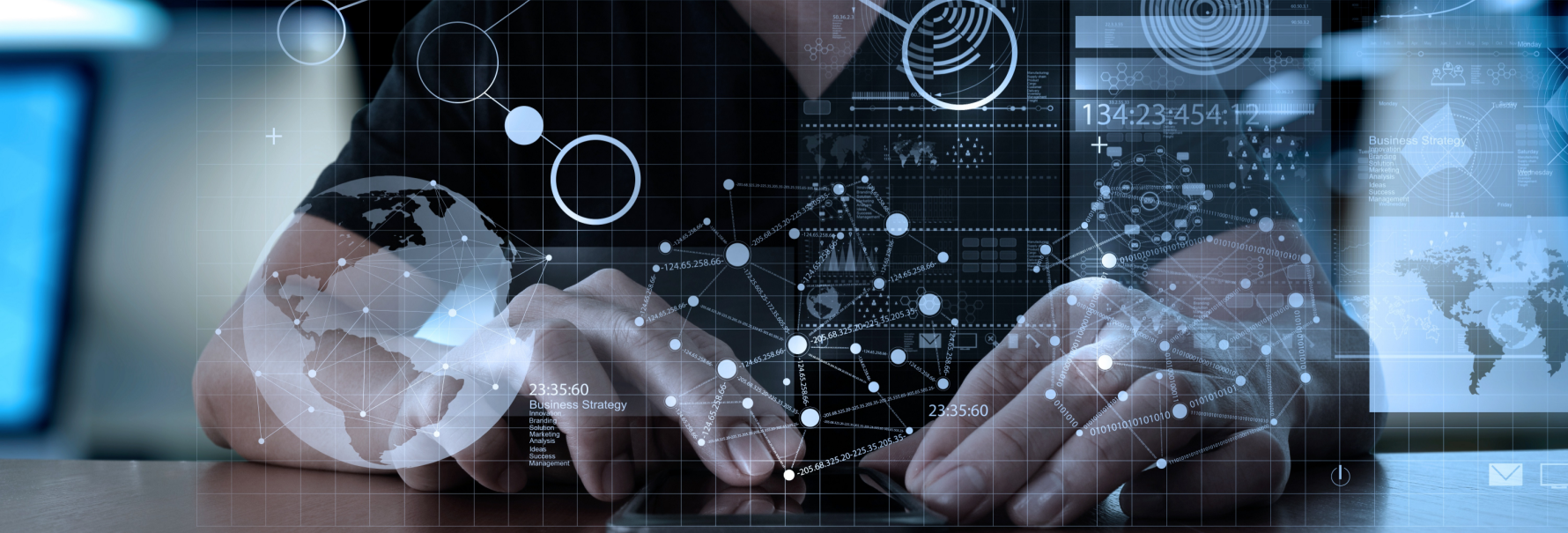What Trump's Re-Election Means for US Data Privacy
2024-12-11
Donald Trump was this week re-elected as the 47th president of the United States, and we alongside many others expect a great deal of change during his administration. Not least in the regions of data privacy, cybersecurity and regulation.
In this article we will take a look at Trump's past and current attitudes towards data privacy topics in order to speculate on changes we may see over the next few years.
TikTok
A topic in its own right, TikTok is the fifth-largest in the world with over 1 billion active users globally, and 100 million active users in the USA alone. In 2020, Trump took an aggressive stance against the company and attempted to ban or force the sale of TikTok over alleged data security concerns. In turn, TikTok argued that this action was a political maneuver by Trump that went in hand with several other protectionist and isolationist policies included in his re-election campaign. In 2021, after a tough battle in court between TikTok and its prosecutors, the Biden-Harris administration signed an executive order to rescind Trump's TikTok ban.
In the years since, many US politicians have come to support a ban on TikTok, now agreeing that it poses significant security concerns. As of 2024, the majority of states have banned the use of TikTok on government devices, and an executive order signed last year by then-president Biden is soon to reach its deadline: if TikTok cannot be sold by January then it will be banned from US app stores. In especially recent news, Canada has forced the closure of TikTok's Canadian offices, citing national security concerns. However, the man who threw the first stone has himself changed his tune: in March, Donald Trump announced in a 180 that he would block the banning of TikTok.
Is this indicative of a lax or maybe even ignorant attitude towards data privacy? While it may appear that way with the consensus weighing in favour of the ban, it seems that this change of heart may have some economic basis. In the years since 2020, TikTok's primary competition has emerged in the form of YouTube Shorts, Facebook Reels and Instagram Reels - the latter two owned by one company, Meta, which itself has been publicly outed as intentionally engineering its products to cause widespread societal harm. Trump argues now that banning TikTok would be anticompetitive by placing too much power in the hands of Meta, and this position seems to marry up with a multitude of other antitrust policies which are either part of his election campaign or already part of his dossier.
AI and Algorithmic Harm
Trump, Biden and Harris all seem to want the same thing out of AI - that is, some degree of regulation and protection afforded to citizens, but without hampering the rate of innovation in the AI technologies market. During his term, Trump made little mention of AI besides signing off on one order to establish national AI institutes and promote AI development, and another order that would promote useful AI in federal settings - one which would be upheld by the Biden-Harris administration.
It was during Biden's presidency that OpenAI would release ChatGPT, which practically forced conversations about AI to be held in parliaments all over the world. Harris herself has a background in Silicon Valley and the Biden administration was able to put into action an executive order on AI, which was heralded as a significant step in AI regulation. It is worth nothing that at this point, late in 2023, the US had fallen significantly behind the rest of the world when it comes to AI legislation.
Trump's official position has been to repeal Biden's executive order on AI, a position likely emboldened by his running mate JD Vance and endorsement from prominent AI venture capitalists. This would be repealing the most significant directive that pertains to AI in all of US law, thereby further deregulating an already deregulated tech industry. The reasons vary wildly from statements like "[it] imposes Radical Leftwing ideas on the development of this technology," to concerns about the law's emphasis on the performance of large-scale models and how this could stifle international competitiveness.
Trump has, however, spoken out against , even citing deepfakes made of himself used to promote products online. He recognizes the harm it can do to him and his presidency, but it remains to be seen if he will take action against the harm it can cause to anybody else.
Privacy
Crucially, Biden actioned his executive order on AI with several mentions of privacy included, yet the US still lacks comprehensive privacy protections like the EU's GDPR or Canada's DCIA. Instead, a Frankenstein patchwork of various state privacy laws cover the United States like an old mottled blanket. This not only points to a severe inefficacy in the law with privacy being so ill-defined, but also towards an obvious and existent issue in the US in general. Is it likely that Trump's administration will bring the country's privacy protections in line with the rest of the world? The likely answer is "no."
Trump's previous administration repealed the FCC’s Broadband Privacy Rules, allowing internet service providers (ISPs) such as Comcast and Verizon to sell user's data without requiring their consent. Later that same year, he would repeal the 2015 Open Internet Order that pertained to the classification of ISPs; a decision which would further deregulate ISPs and allow them freedom over censorship, service throttling, pricing, quality and safety.
Trump appointed William "Bill" Barr as his Attorney General during his previous administration, an individual who reimposed capital punishment, the death penalty, and was in favour of placing Haitian refugees and asylum seekers in Guantamano Bay. According to Katie Benner of the New York Times, "Barr made decisions that dovetailed precisely with Mr. Trump's wishes and the demands of his political allies." Barr is also strongly in favour of anti-encryption laws, and, if considering Barr a proxy, means that Trump is too. Trump wants the ability to unencrypt and access the data of anybody as he whims, and he may use the assassination attempt against him as a vehicle to achieve his goals.
Despite his wishes, Trump is no doubt familiar now with the benefits of secure data . After a slew of successful network and device infiltrations by Iranian threat actors made against him and his team, the Trump campaign was moved to provide specialised devices to its campaign staff which are purpose-built to be defensible against cyber attacks. He has seen first-hand the dangers of poor encryption and sought his own protections in defence, but it remains to be seen if he will continue to allow American citizens the same defence themselves.
Conclusion
Donald Trump has won the election, and will certainly bring about a great deal of change with his new administration. Whether or not the safety and security of US citizens will have improved by the end of his term remains to be seen, but based on his dossier, it does not appear that data privacy and cybersecurity for everyday Americans is the top of his concerns - though it may at times be the highest concern for himself.
Sources
https://en.wikipedia.org/wiki/TikTok_v._Trump
https://www.bleepingcomputer.com/news/security/canada-orders-tiktok-to-shut-down-over-national-risk-concerns/
https://www.cnbc.com/2021/10/05/facebook-whistleblower-testifies-before-senate-committee.html
https://futurism.com/the-byte/trump-repeal-restrictions-ai
https://decrypt.co/215556/donald-trump-ai-scary-dangerous
https://en.wikipedia.org/wiki/Net_neutrality_in_the_United_States
https://en.wikipedia.org/wiki/William_Barr#Political_positions
https://gen.medium.com/the-trump-administrations-lies-about-encryption-are-putting-our-privacy-in-danger-1291d5582283
https://therecord.media/encrypted-apps-a-challenge-trump-assassination-attempt-wray-fbi
https://www.reuters.com/world/us/trump-campaign-turns-secure-hardware-after-hacking-incident-2024-10-11/
The information contained in this article is provided for informational purposes only and does not constitute professional advice and is not guaranteed to be accurate, complete, reliable, current or error-free.

Related news

Dox Gangs Run Rampant, Victims Exposed for Life
2024-08-30Doxxing-as-a-Service (DaaS) is now a real and genuine threat that people need to be aware of, as it has become cheaper and simple to hire the service of a doxing group. DaaS enables identity fraud, spear phishing, malware deployment and even personal endangerment of its victims. In this article, we take a look at the types of DaaS services now on offer, and discuss ways that you may be able to protect yourself or mitigate the damage done by a dox.
Read more
Safety and the Socialscape: Ensuring Your Social Network Security
2023-09-12Social networks are an integral part of our society; however, we can sometimes be neglectful of what personal information we might inadvertently make available to others. This article delves into the importance of safeguarding your online presence and provides practical tips for enhancing your security across various social platforms.
Read more
Law Abiding Netizens: How Legislation Can Counter Cybercrime
2025-01-17Cybercrime threatens global economies, with losses expected to hit $10.5 trillion by 2025. This article explores how the EU leads the global fight against cybercrime threats through legislation like GDPR and DORA, setting global standards for data protection and cybersecurity.
Read more
Data privacy and security in the healthcare sector: medical firm Dedalus fined €1.5 million for data breach
2022-06-20At the end of April 2022, the CNIL, the data protection authority for France, announced it had imposed a fine of €1.5 million on the medical software provider Dedalus Biology, following a significant leak of patients’ data.
Read more
How to tidy up a data-irresponsible past
2022-04-11The world has never been more interconnected than at the present time, through devices like smartphones, laptops, and The risks of IoT devices, that create, collect, transmit, process, analyse, copy and store unprecedented amounts of data. This has led to concerns on how much control users have over their own data, and what level of privacy they can maintain when navigating online. Read more...
Read more
Phishing via Recruitment: The Rise of Crypto Investment Scams Masquerading as Job Offers
2025-07-18In early 2025, cybercriminals launched a phishing attack posing as CrowdStrike recruiters, tricking users into installing cryptomining malware. The scam mimics real job processes and highlights rising risk in digital hiring.
Read more
AI? Call me never
2025-07-04This article explores the growing threat of AI voice scams, where sophisticated deepfake technology mimics familiar voices and manipulate victims into revealing sensitive information or transferring money. Learn how to protect yourself from falling victim to these digital threats.
Read moreContacts
Let's talk
Please fill in the form below (fields with * are mandatory) and we will respond to your request as soon as possible!